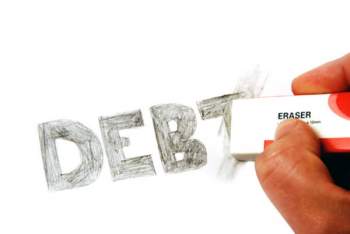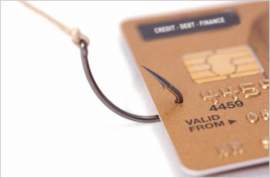
A Creditor and Debtor's Relationship

The relationship between a creditor and a debtor is one of the most important to understand in terms of business practices of any kind. This is because most business transactions result in some form of debt for a given party, and even individuals outside of business practices are often debtors, whether to a credit card company or to a bank.
Creditors are those to whom something is owed by the debtors, and therefore, the relationship between creditors and debtors is substantially complicated by the conflicting interests of the two parties. A creditor might be willing to seize anything and everything that he or she has to in order to obtain adequate compensation for the debt owed to him or her by the debtor.
A debtor, on the other hand, wants to protect his or her property from being seized by a creditor unnecessarily. A debtor cannot simply shirk the debt owed to the creditor, but the debtor does not want that debt to result in undue action on the part of the creditor. Thus, the law attempts to serve the interests of both parties, allowing the creditor to collect on the debts, while protecting the debtor from undue action.
The law provides for a creditor to fall into one of two categories. Either the creditor is secured or he or she is unsecured. An unsecured creditor is owed by the debtor, but no particular property or asset is involved in the debt. In other words, the debtor does theoretically have to pay off the creditor, but there is no agreed upon asset owned by the debtor which he or she must use to pay off his or her creditor.
A secured creditor, on the other hand, has a claim on a certain asset built into the debt. This means that the secured creditor can take that particular asset in order to ensure that the debt is paid by the debtor. An unsecured creditor can become a secured creditor by gaining a lien against the debtor's property. Such liens can sometimes be obtained through a court proceeding, determining that the creditor is owed by the debtor, and therefore, deserves a lien.
Although it may seem like the law solely lands in favor of the creditor, the law actually protects the debtor as well. Some liens which a creditor can obtain at the time of the loan will allow the debtor to negotiate exactly what property is at stake in the loan, thereby protecting any other property he or she might have. The government also creates exemptions for loans, such that certain types of property will not be seized by the creditor for any debt.
An important example of an exemption is the homestead exemption, which ensures that a creditor cannot seize a debtor's home unless that creditor holds the mortgage to the home. In other words, homes are generally off-limits, except for those loans which specifically make the debtor's home payable to the creditor.
In any particular instance, if the debtor does not pay the debt in a fashion agreed upon in the original formation of the debt, the primary way for the creditor to obtain payment is to take the debtor to court. If the creditor has ample evidence, then he or she should be able to successfully prove that he or she is owed money by the debtor and should either obtain a lien against some property of the debtor or have a lien enforced. If, on the other hand, a debtor is trying to protect him or herself from a creditor, the court is the primary means to do so, although in general the burden of proof will be on the debtor. If the creditor already has a lien against certain property, then the creditor may seize that property without needing to go to court.
NEXT: An Overview of Banks and Customers





















